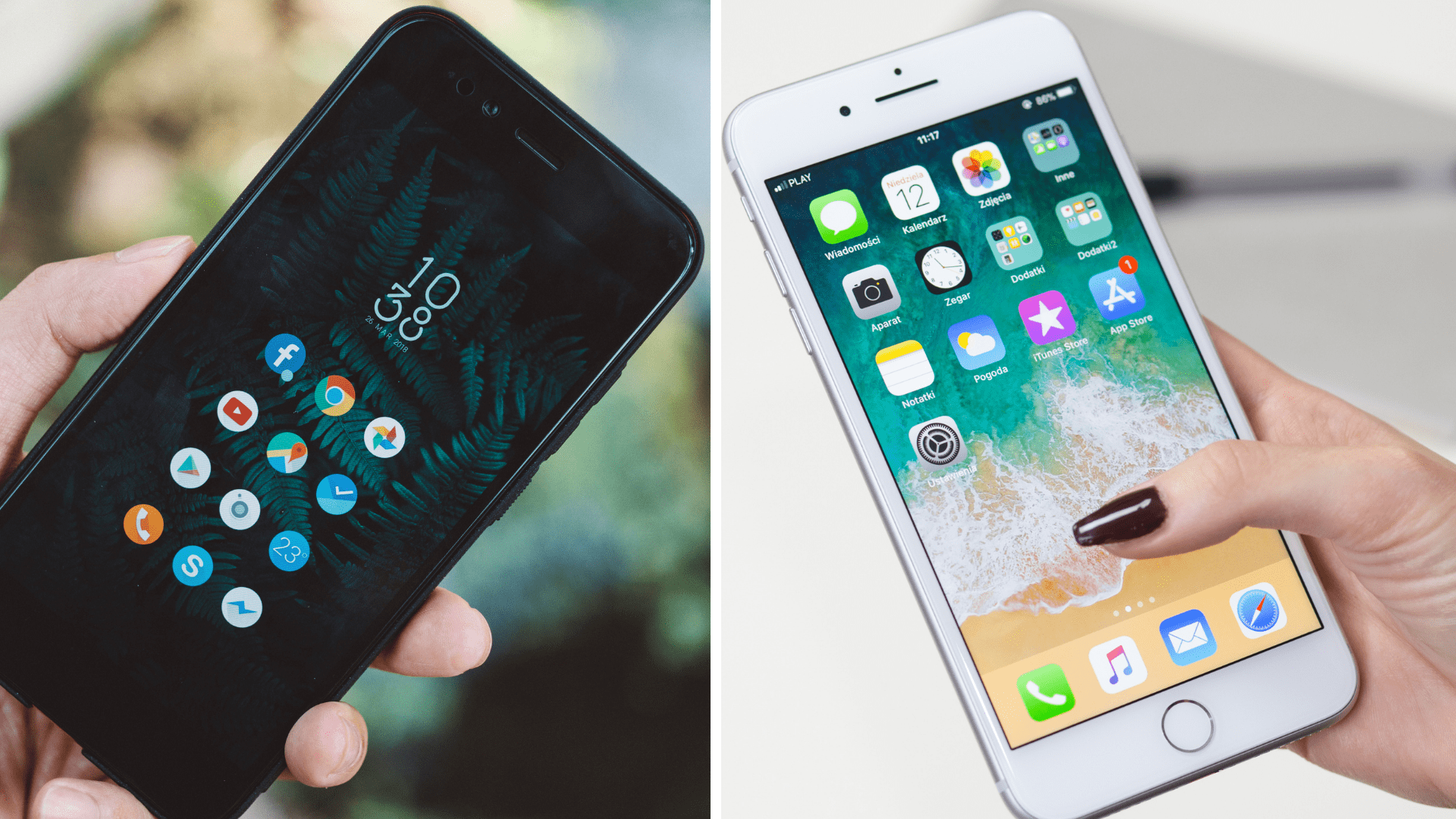Android and iOS are the two dominant mobile operating systems in the world, each with unique strengths and weaknesses. Android is an open-source operating system that is highly customizable, has a larger app store, and is available on a wide range of devices at various price points. iOS is a closed-source operating system that is known for its consistency, robust security features, and high-quality apps. It is exclusively used on Apple devices, which are known for their quality and longevity. Ultimately, the choice between Android and iOS depends on personal preferences and priorities.
Android vs iOS: A Battle of the Mobile Operating Systems
Mobile operating systems are the underlying technology that powers our smartphones and tablets. These operating systems are responsible for running every app, managing every file, and ensuring our devices work smoothly. Android and iOS are the two dominant mobile operating systems in the world, each with their unique strengths and weaknesses.
Background
Android is an open-source operating system that was developed by Google. It was launched in 2008 and has since grown to become the most popular mobile operating system in the world. iOS is a closed-source operating system that was developed by Apple. It was launched in 2007 and is exclusively used on Apple’s devices like the iPhone and iPad.
User Interface
The user interface is perhaps the most noticeable difference between Android and iOS. Android’s interface is highly customizable, allowing users to personalize their devices with themes, widgets, and other tweaks. iOS, on the other hand, has a more restrictive interface that cannot be customized to the same extent. Apple’s approach to design is uniform across all their devices, with a consistent look and feel that is easy to navigate.
Apps and App Store
Both Android and iOS have vast app stores, but they differ in terms of the number of apps available and how those apps are curated. Android’s Play Store has a much larger library of apps, with over 2.9 million apps as of 2021. iOS’s App Store has roughly 1.96 million apps. However, Apple has stricter guidelines when it comes to app development and approval, which ensures a higher quality of apps. In contrast, Android is open-source, which means anyone can create and distribute apps without adhering to strict guidelines.
Hardware Compatibility
One of the benefits of Android is that it is available on many different devices from a plethora of manufacturers. This means users have a wide range of hardware to choose from at various price points. iOS, on the other hand, is exclusive to Apple devices, which limits the hardware choices for users. However, Apple’s hardware is known for its quality and longevity, and devices are well-supported with software updates for several years.
Privacy and Security
iOS is known for its robust security features and has a reputation for being less susceptible to malware and other security threats. Apple’s closed system allows for better control over what apps can and cannot do on their devices. Android, on the other hand, is more vulnerable to security threats due to its open-source nature.
Conclusion
In the battle of the mobile operating systems, Android and iOS are two formidable opponents. Each system has its unique features and benefits, making it difficult to say which one is better. The choice ultimately depends on personal preferences and priorities. Android offers more flexibility and affordability, while iOS offers better security and a consistent user experience across Apple devices.
